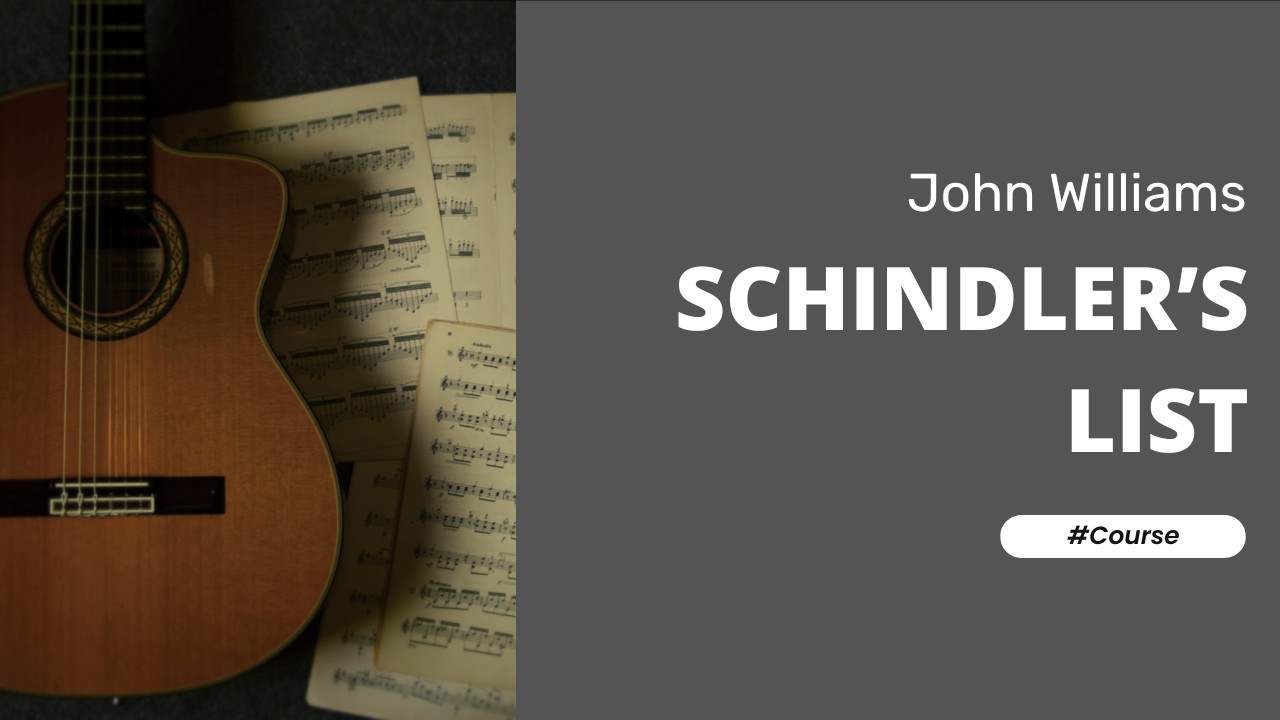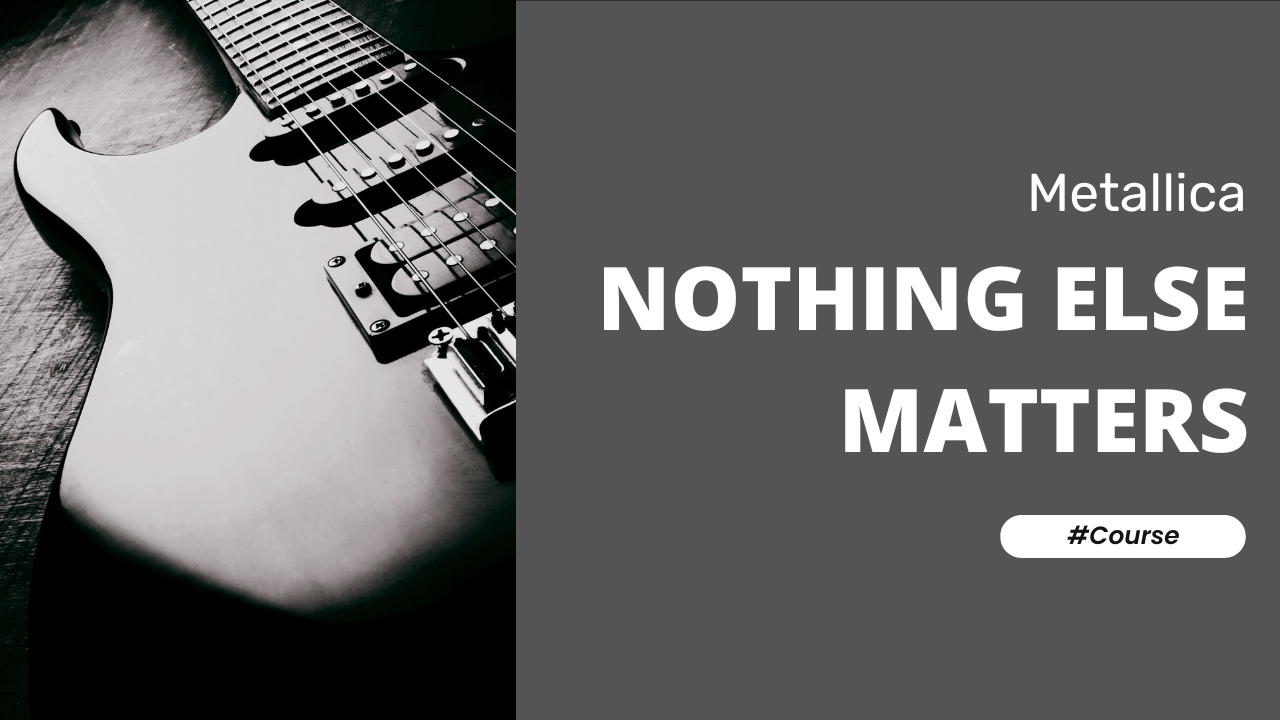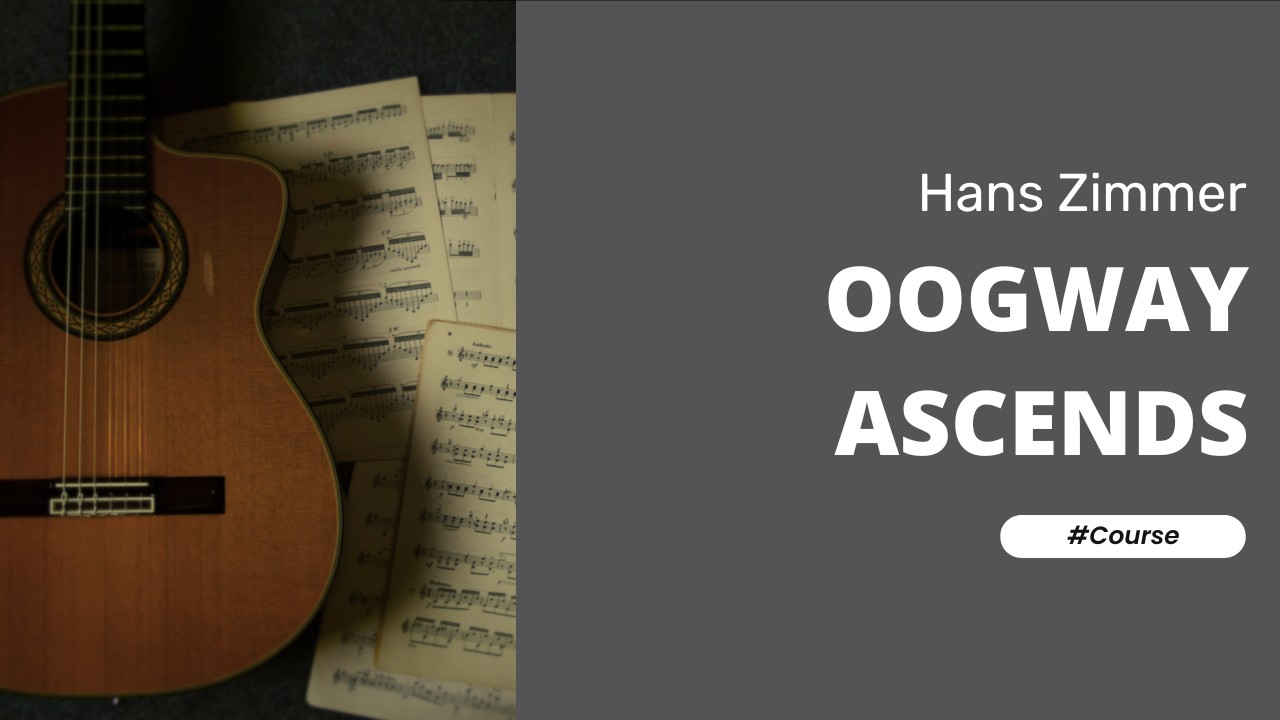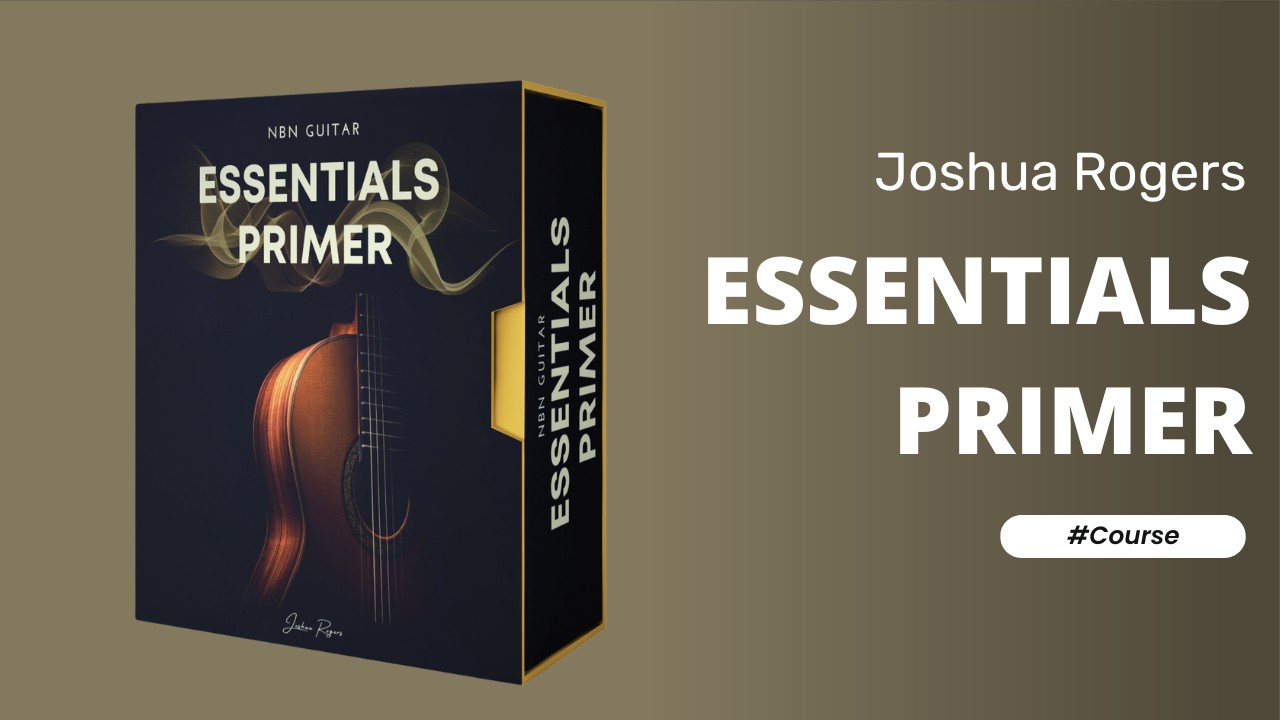Adagio in G Minor by Tomaso Albinoni
Introduction
The Adagio in G minor, attributed to Tomaso Albinoni and transcribed by Remo Giazotto, is a profound and evocative piece that has captured the hearts of listeners for decades. Originally, Giazotto claimed to have reconstructed this work from a fragment of a manuscript by Albinoni, a Baroque composer renowned for his operas and instrumental music. The Adagio, however, is more widely recognized as Giazotto’s own composition, inspired by Albinoni’s style.
When transcribed for classical guitar, the Adagio in G minor takes on a new, intimate character. The guitar’s warm, resonant tones lend themselves beautifully to the piece’s somber and reflective mood. The transcription captures the essence of the original composition, with its sweeping, melancholic melody and rich harmonic texture, while showcasing the guitar’s expressive capabilities.
Playing the Adagio on classical guitar requires a deep sense of emotional sensitivity and technical finesse. The guitarist must navigate the piece’s intricate passages and dynamic contrasts, bringing out its lyrical qualities and dramatic intensity. This adaptation allows guitarists to explore the Baroque sensibilities and emotional depth of the Adagio, making it a compelling addition to the classical guitar repertoire. Through this transcription, Giazotto’s homage to Albinoni continues to resonate, offering a timeless musical experience.
I first heard it when listening to ‘Rising Force’ by Swedish shredder Yngwie Malmsteen. On that album the famed neoclassical guitarist uses it to great effect as the opening stanza and basis of the melodic content of the track Icarus Dream Suite Op. 4.
Musical Style
Tomaso Albinoni’s musical style is emblematic of the Baroque era, characterized by its elegance, clarity, and expressive melodies. He is best known for his operas, instrumental music, and concertos, which often feature rich textures, intricate counterpoint, and a strong sense of harmony. Albinoni’s work frequently highlights the beauty of the violin and other string instruments, showcasing his ability to blend lyrical lines with rhythmic vitality.
Remo Giazotto, a 20th-century musicologist and composer, is noted for his profound contributions to the Baroque music revival. His style is marked by a deep understanding of Baroque aesthetics, combined with modern sensibilities. Giazotto’s most famous work, the Adagio in G minor, reflects his ability to evoke the emotional depth and complexity of the Baroque period, even though it is widely considered his own composition inspired by Albinoni.
Notable Pieces
Five notable pieces by Tomaso Albinoni:
• Concerto for Oboe in D minor, Op. 9 No. 2
• Sinfonia in G major
• Sonata in D minor, Op. 6 No. 6
• Concerto for Violin in A minor, Op. 9 No. 4
• Opera “Zenobia, regina de Palmireni”
Five notable pieces by Remo Giazotto:
• Adagio in G minor (attributed to Albinoni)
• Trio Sonata in G minor
• Elegia for Strings and Harpsichord
• Concertino for Strings and Harpsichord
• Sinfonia in B-flat major
Let your fingers fly! Josh
Course Instructor
Adagio in G minor Course
About this Course
Introduction
The Adagio in G minor, attributed to Tomaso Albinoni and transcribed by Remo Giazotto, is a profound and evocative piece that has captured the hearts of listeners for decades. Originally, Giazotto claimed to have reconstructed this work from a fragment of a manuscript by Albinoni, a Baroque composer renowned for his operas and instrumental music. The Adagio, however, is more widely recognized as Giazotto’s own composition, inspired by Albinoni’s style.
When transcribed for classical guitar, the Adagio in G minor takes on a new, intimate character. The guitar’s warm, resonant tones lend themselves beautifully to the piece’s somber and reflective mood. The transcription captures the essence of the original composition, with its sweeping, melancholic melody and rich harmonic texture, while showcasing the guitar’s expressive capabilities.
Playing the Adagio on classical guitar requires a deep sense of emotional sensitivity and technical finesse. The guitarist must navigate the piece’s intricate passages and dynamic contrasts, bringing out its lyrical qualities and dramatic intensity. This adaptation allows guitarists to explore the Baroque sensibilities and emotional depth of the Adagio, making it a compelling addition to the classical guitar repertoire. Through this transcription, Giazotto’s homage to Albinoni continues to resonate, offering a timeless musical experience.
I first heard it when listening to ‘Rising Force’ by Swedish shredder Yngwie Malmsteen. On that album the famed neoclassical guitarist uses it to great effect as the opening stanza and basis of the melodic content of the track Icarus Dream Suite Op. 4.
Musical Style
Tomaso Albinoni’s musical style is emblematic of the Baroque era, characterized by its elegance, clarity, and expressive melodies. He is best known for his operas, instrumental music, and concertos, which often feature rich textures, intricate counterpoint, and a strong sense of harmony. Albinoni’s work frequently highlights the beauty of the violin and other string instruments, showcasing his ability to blend lyrical lines with rhythmic vitality.
Remo Giazotto, a 20th-century musicologist and composer, is noted for his profound contributions to the Baroque music revival. His style is marked by a deep understanding of Baroque aesthetics, combined with modern sensibilities. Giazotto’s most famous work, the Adagio in G minor, reflects his ability to evoke the emotional depth and complexity of the Baroque period, even though it is widely considered his own composition inspired by Albinoni.
Notable Pieces
Five notable pieces by Tomaso Albinoni:
• Concerto for Oboe in D minor, Op. 9 No. 2
• Sinfonia in G major
• Sonata in D minor, Op. 6 No. 6
• Concerto for Violin in A minor, Op. 9 No. 4
• Opera “Zenobia, regina de Palmireni”
Five notable pieces by Remo Giazotto:
• Adagio in G minor (attributed to Albinoni)
• Trio Sonata in G minor
• Elegia for Strings and Harpsichord
• Concertino for Strings and Harpsichord
• Sinfonia in B-flat major
Let your fingers fly! Josh
Course Instructor
Adagio in G minor Course




